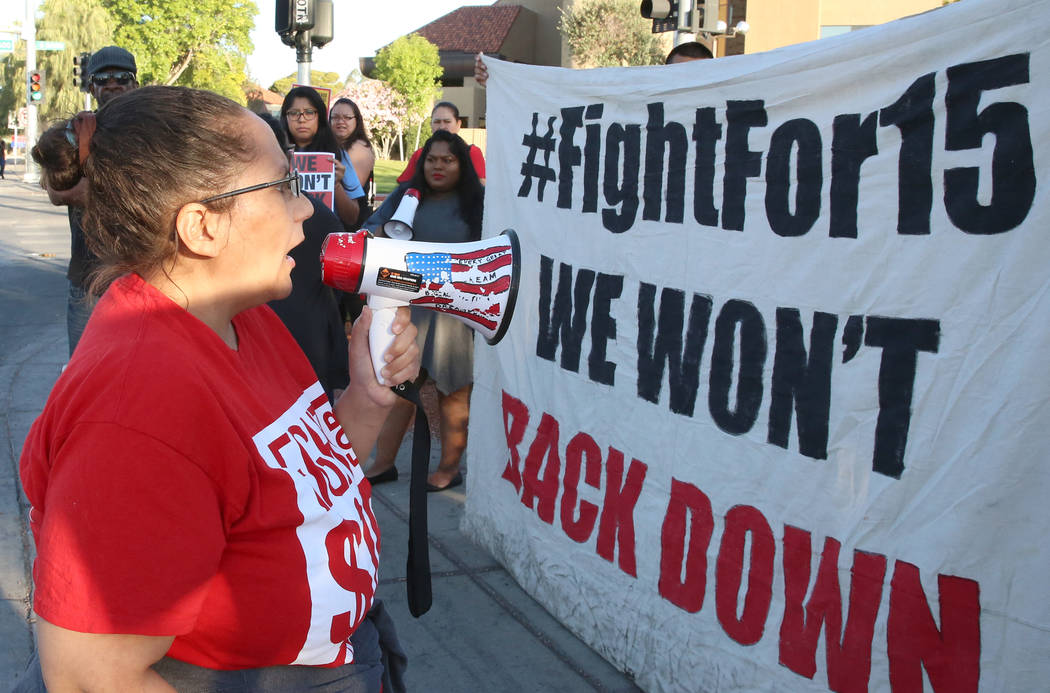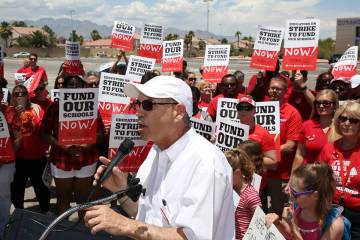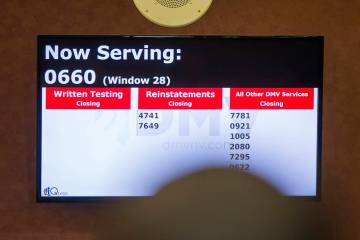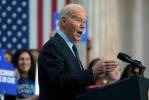EDITORIAL: Minimum wage drives young workers from labor market
A recent study from the University of Wisconsin-Madison confirms — once again — that good intentions don’t repeal the laws of economics.
In 2014, Minnesota raised its minimum wage to $8 an hour and kept hiking the floor. It currently sits at $9.65 and will continue to increase with inflation. In contrast, Wisconsin left its minimum wage at the federal level of $7.25. This allowed Noah Williams, an economics professor at the University of Wisconsin, to compare what happened in the two states to employment in the fast-food industry and for young people. He examined those areas because 60 percent of restaurant workers earn the minimum wage, and most minimum wage workers are under 24.
“Following the minimum wage increases, limited service (fast food) restaurant employment fell by 4 percent in Minnesota relative to Wisconsin,” wrote Mr. Williams. “Further, youth employment fell by 9 percent in Minnesota following the minimum wage increases, while it increased by 10.6 percent in Wisconsin over the same time period.”
Taking a minimum wage job is the first step to getting a better-paying job. Policies that reduce these employment opportunities can hurt a young person’s career for years.
Mr. Williams also found that Minneapolis-area restaurants increased prices by an average of 6 percent after the minimum wage hike, while prices had fallen by 2 percent in the four prior years. For individuals who found a job, there were benefits. Average annual pay in Minnesota fast food restaurants increased 5.5 percent more than in Wisconsin.
These results are similar to a 2017 University of Washington study of Seattle’s minimum wage, which has risen to $13 an hour. It found the wage hike had boosted hourly earnings in low-wage jobs by 3 percent, but reduced hours worked by 9 percent. Researchers also concluded that Seattle would have had 5,000 more jobs without the minimum wage hike.
“The overall body of recent evidence suggests that the most credible conclusion is a higher minimum wage results in some job loss for the least-skilled workers — with possibly larger adverse effects than earlier research suggested,” wrote economist David Neumark in research published by the Federal Reserve Bank of San Francisco.
This research should serve as a reality check to Nevada’s legislative Democrats. In a 2015 legislative presentation, Assemblyman William McCurdy II haughtily dismissed the idea of minimum wage hikes causing job losses as a misconception. Legislative Democrats then voted unanimously for a constitutional amendment that would increase Nevada’s minimum wage to $14 an hour in 2022.
Minimum wage hikes essentially outlaw certain types of jobs and are a sure way to boost unemployment, particularly for younger and unskilled workers. Feel-good progressive nostrums don’t override economic reality.




























